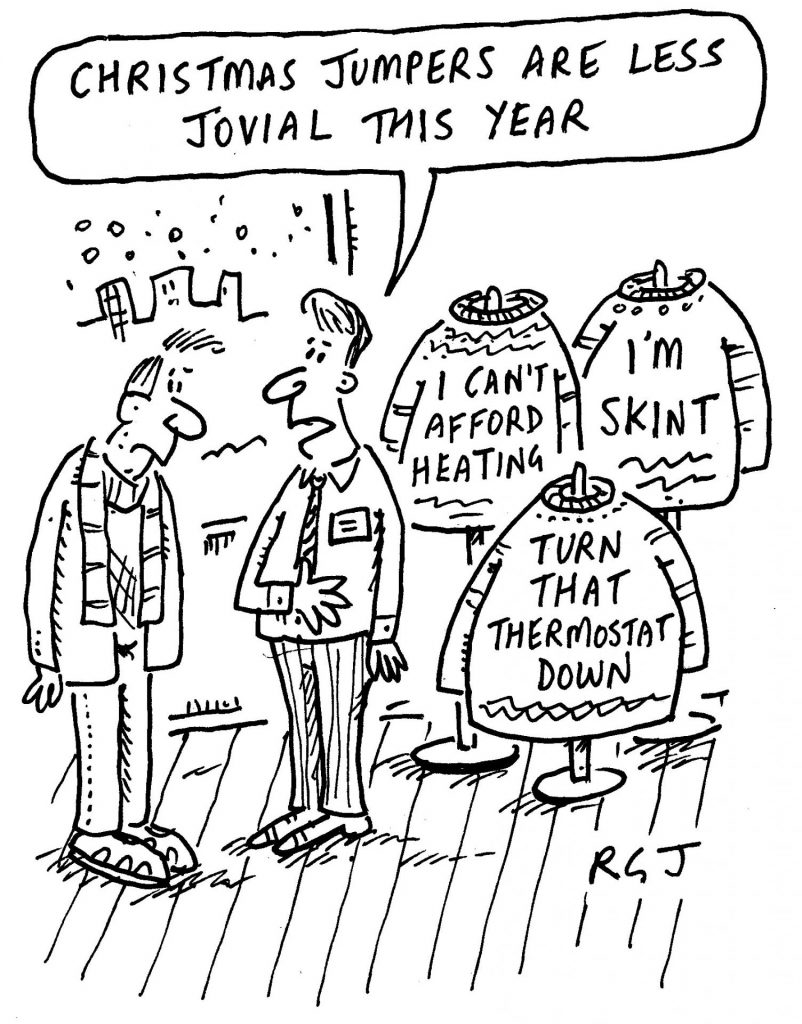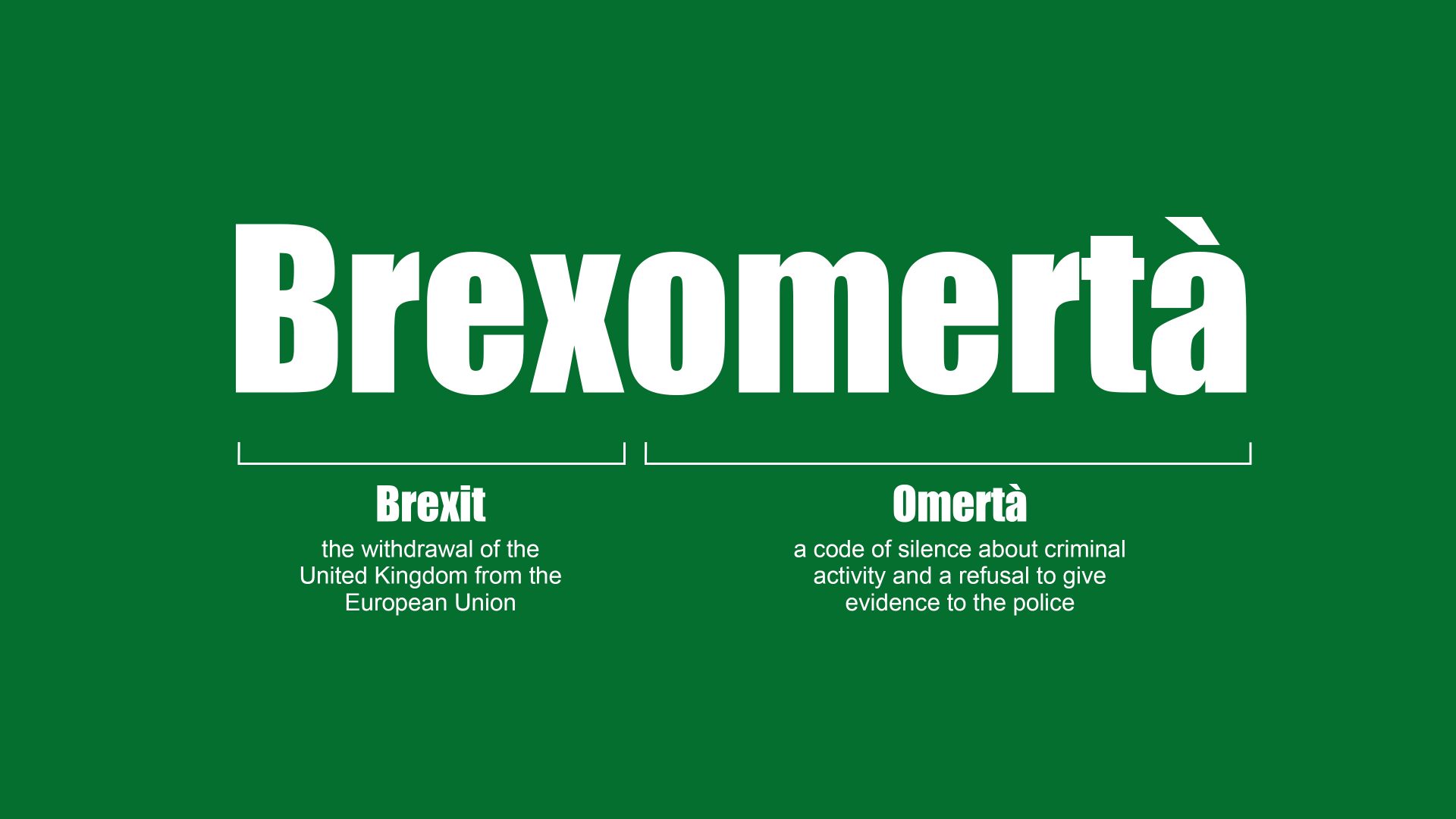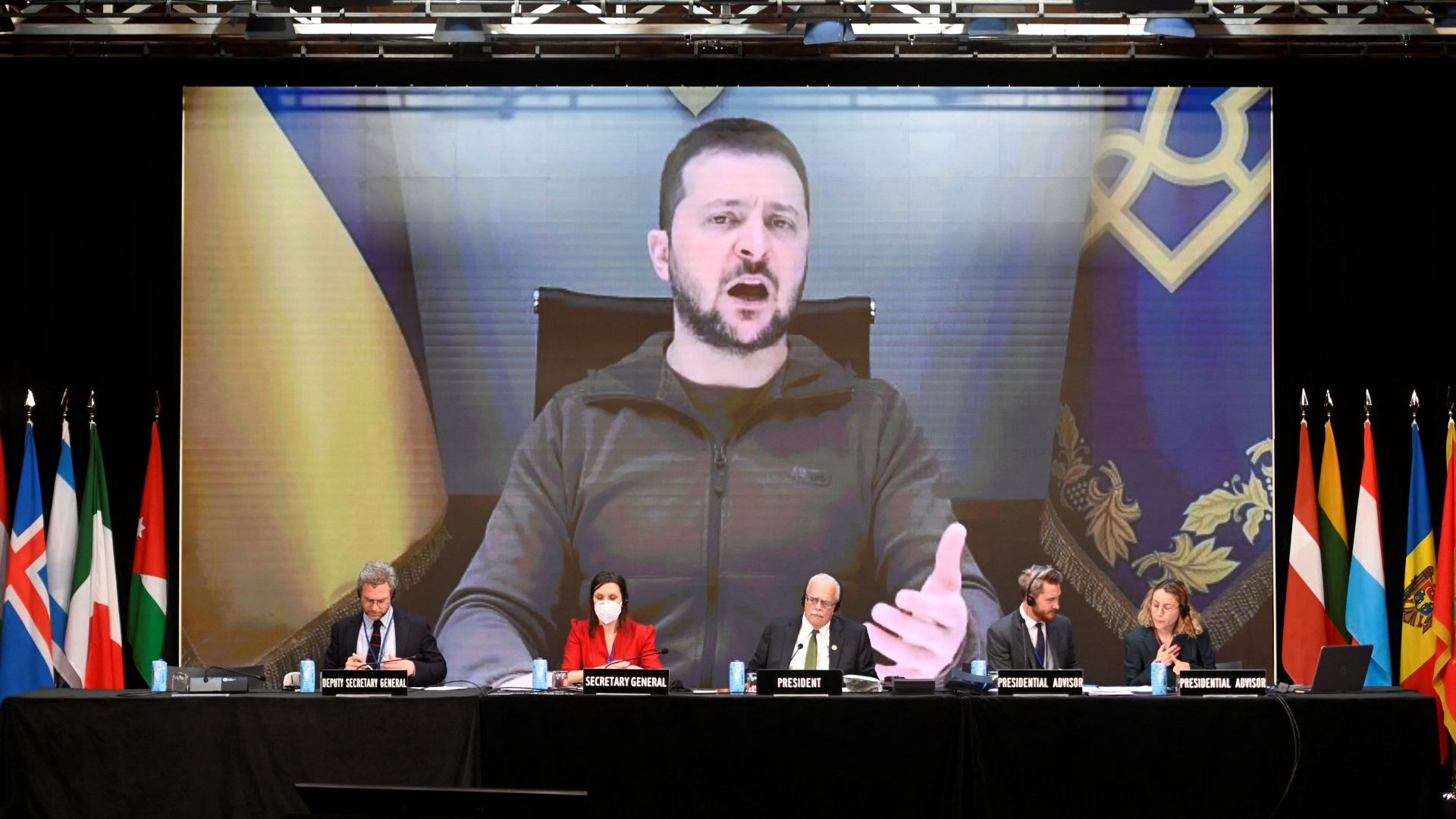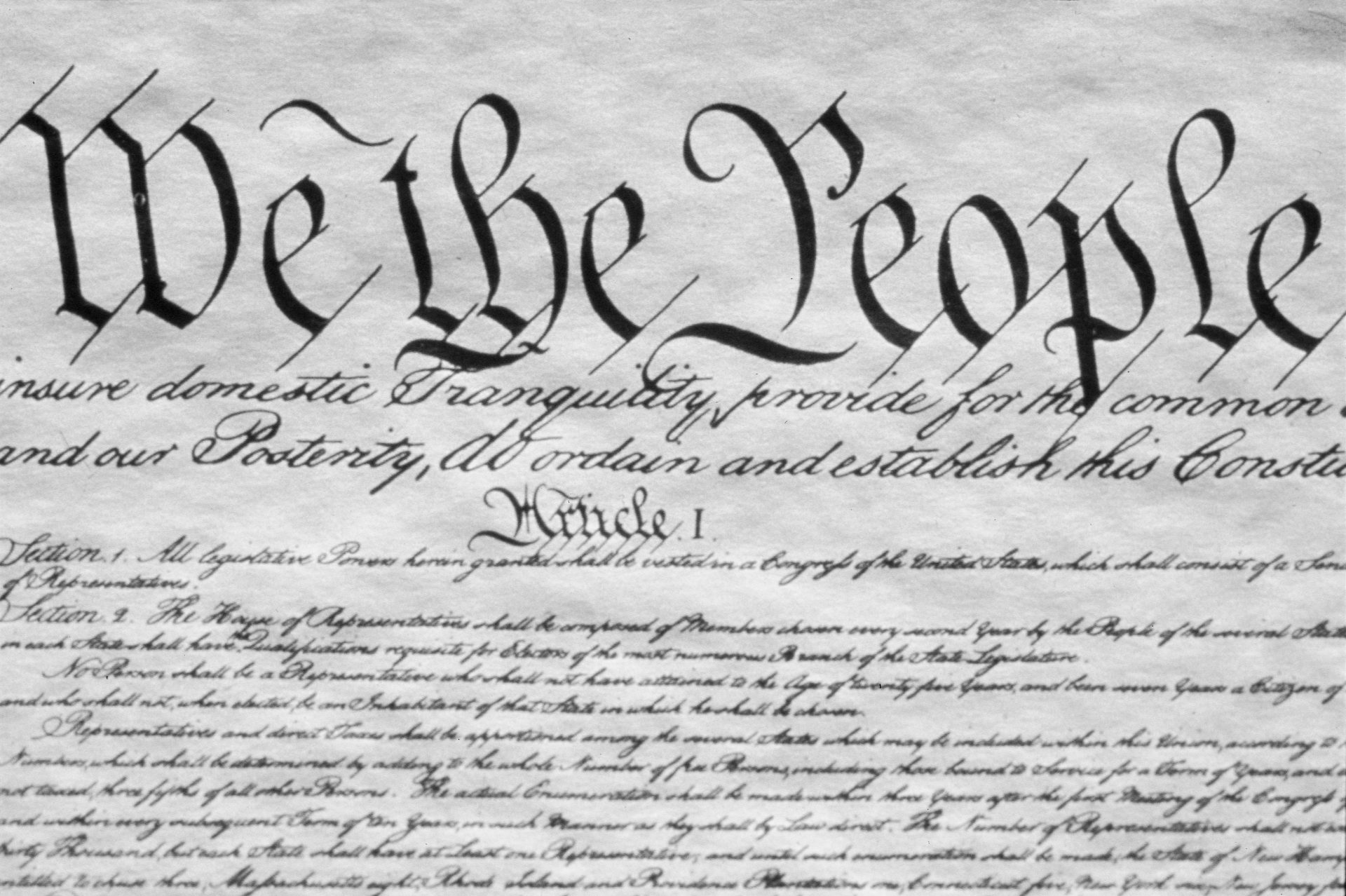I am indebted to Neil Kinnock for a new word that should become part of the language as we seek to recover from the self-inflicted harm of Brexit. Neil, as well as being a close friend, is also an avid reader of the New European (subscriber since day one six years ago) and an avid listener of The Rest Is Politics podcast. He likes to give me his views on both, usually in long text messages that he himself describes as “mini-essays”, always signed off “Cheers, N.”
Last week, both here and on the podcast, I was expressing my utter bemusement that at a time when the public and businesses are growing more and more convinced Brexit was a mistake, and is an economic disaster, both government and opposition seem determined to double down against the notion of a serious attempt to fix the damage.
“Agree with you about the Brexomertà,” texted Neil, the essay then going on to set out various areas – agriculture, security, Northern Ireland for starters – where serious negotiation could lead to fairly quick progress without revisiting the actual decision on EU membership on which, much as we might want it to be revisited, both of us accept the politics make that impossible … for now.
Brexomertà… Neil always had a way with words. I looked up omertà – “a code of silence about criminal activity and a refusal to give evidence to the police.” I mean, add “and the public” after “police”, and you have the story of Brexit so far … won on lies, crimes and misdemeanours, but thus far nobody held properly accountable for any of them, and despite all the dishonesty involved, no sign of honesty returning to the Brexit debate any time soon.
Instead, Rishi Sunak, who – unlike Boris Johnson and Liz Truss – was a Brexit believer from the off, pretends it is going well, if only we were not all so blind as to fail to see its marvellous opportunities; while Keir Starmer, who was not, appears keener to make sure that, in so far as the country hears any Labour message on Brexit, it is that they have become more Catholic than the Pope in adherence to its sacrosanct status. This includes many elements specifically ruled out by the liars and criminals at the time of the referendum, such as losing our place in the growth-boosting single market and red tape destroying the customs union.
I totally get why Labour do not want the next election to be all about Brexit in the way the last one was. But they do want it to be about the economy, and growth, and unless the Tories’ disastrous deal gets fixed, the chances of us having future growth rates anything like those of our competitors are slim indeed.
There is an important political point here, too. Given that the Tories want to present the Truss “era” as a weird aberration for which only she and KamiKwasi Kwarteng were responsible, Labour rightly stress that current economic problems are the result of 12 Tory years, not just 12 Truss weeks.
But the “years not weeks” approach is far less powerful with the Brexomertà in place. It removes from those 12 years the single most important economic and political event of the era, which has already torn 4% out of the economy, lost us well over £100bn in trade, seen a one-way brain drain that is doing enormous damage to the NHS in particular, and so reduced our standing in the world that when Joe Biden asks the French president, Emmanuel Macron, rather than a “special relationship” British leader, to have the honour of the first state visit of his time as US president, we are so settled in our inward-looking decline that the evident snub barely registers.
And if that all feels a bit too geostrategic and not “bread and butter” enough for domestic consumption, how about the latest analysis by the LSE’s Centre for Economic Performance, which calculates that – thanks to the non-tariff trade barriers the liars and crooks promised would never be erected – household bills have gone up an average of £210, at a cost to consumers of £5.8bn, driving inflation higher too?
Being behind rather than leading public opinion is never a good place for political leaders to be. But right now, for different reasons, thanks to their shared Brexomertà, that is where both Sunak and Starmer are positioning themselves. Whoever moves first to somewhere closer to the real world may be surprised how much political and economic advantage they find.

In my never-ending effort to be the first person without a drop of Irish blood in my body to get a post-Brexit Irish passport (though Celtic heart flows), may I join in the celebrations of a hugely important 100th anniversary. December 6 1922, by Royal Proclamation, the establishment of the Irish Free State.
Tory traditionalists love to remember the big dates in British history. Haven’t seen much in our politics or media about this one. Come on, taoiseach, just one passport won’t even make a dent, given how many you’ve given out already since Brexit. And I did help Tony and Bertie with the Good Friday Agreement and all that!
When famous people enter national treasure status, politicians feel compelled to show that they share the sense of treasuredom. This is especially the case when the national treasure dies. So nobody should have been surprised that Rishi Sunak stood at the dispatch box to deliver warm words about Doddie Weir, the former Scotland rugby international who had done so much to raise funds and awareness in the fight against motor neurone disease, which had finally taken his life.
But was I alone in shouting “God, the nerve of the man” as Sunak did so? Were he able to, I feel sure another MND national treasure, Rob Burrow, who now communicates through an Eye Gaze dictation device, would have been shouting with me. The former rugby league star tweeted instead: “How many more warriors die before this stupid government give the £50m they said they would give?”
With the usual media sycophants giving big licks, Boris Johnson announced the £50m for research to find a cure more than a year ago. He lavished praise on Weir and Burrow. He promised it would save lives. Yet not one single penny has left the fund.
Weir raised £8m for MND care and Kevin Sinfield, who played with Burrow at Leeds Rhinos, has raised almost as much after taking on three extreme challenges. I ran one of the legs of one of the challenges with him, and remember him saying as we ran that it made it worthwhile when you had the government stepping in with all that money.
If you need any more evidence that Boris Johnson was all news management and no soul, the MND story provides it. Sunak would appear to be no better. I am sure Weir’s family, and the MND community, appreciated the fine words. They would prefer the money and the research. He was chancellor when it was allocated. He’s prime minister now. Is it really that hard?
In Liverpool for a conference, on a cold but sunny day, I walked from the station to the waterfront conference centre, several Liverpudlians stopping me for chats, mainly politics and football, en route. Only one was moderately hostile.
“Can’t believe you made Prince Charles fly business when you and Tony went in first class,” he said.
“What you on about?”
“Disgusting,” he tutted. “Lack of respect.” I didn’t have a clue what he was talking about.
Last night we watched The Crown. Ah! I see… we took the posh seats on the flight out for the Hong Kong handover, and put Charles further back in the plane.
Not sure if my Albert Dock friend is a New European reader… but be assured, it never happened!




